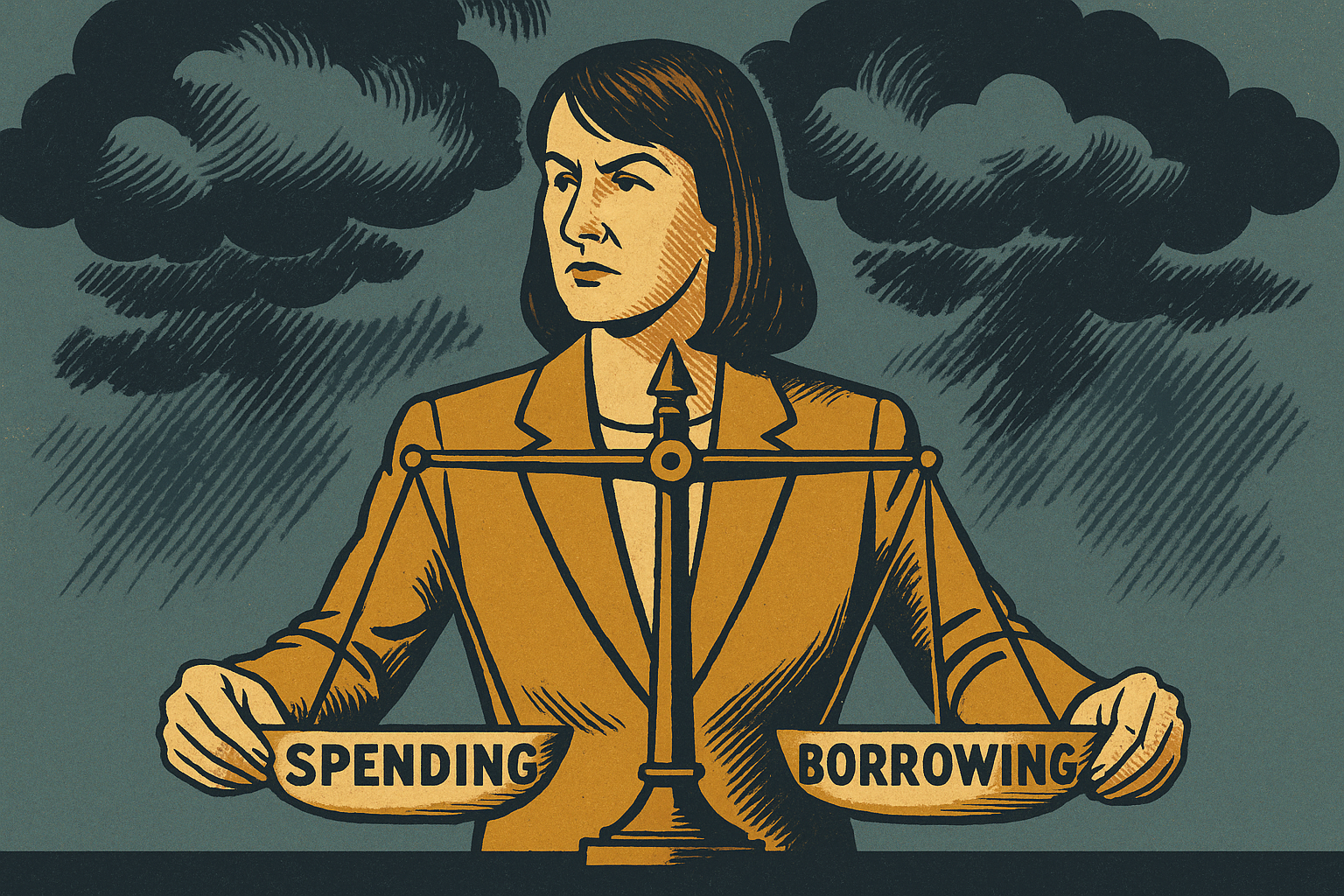Chancellor Rachel Reeves has been advised to reduce national insurance for workers by two percentage points while increasing income tax by the same margin. Economists from the left-leaning think tank, the Resolution Foundation, assert that this adjustment could generate an additional £6bn in revenue.
The Resolution Foundation, which counts former Treasury ministers Torsten Bell and Dan Tomlinson among its alumni, commended former Chancellor Jeremy Hunt for addressing the “unfair double tax on work” by cutting national insurance by two percentage points in the previous spring Budget.
The think tank has now urged Reeves to consider further action, potentially breaking a key manifesto pledge not to increase income tax. They propose a further two percentage point cut to national insurance, offset by a two per cent rise in income tax, which also applies to pensioners, landlords, and the self-employed.
According to their calculations, this strategy could provide a £6bn boost to the public finances, helping Reeves manage her fiscal headroom amid higher borrowing costs, expected growth downgrades by the Office for Budget Responsibility, and policy reversals on welfare.
Adam Corlett, principal economist at the Resolution Foundation, stated that the move could ease some pressures on Reeves while safeguarding workers’ salaries. He emphasised the importance of creating a fairer tax system, ensuring that professionals such as lawyers and landlords face similar tax rates as their clients and tenants. Corlett argued that these reforms would generate revenue with minimal harm to workers and the broader economy, allowing the Chancellor to focus on fostering economic growth.
The Resolution Foundation also suggested that the Chancellor could extend employers’ national insurance to limited liability partnerships, which often include large law firms, and consider increasing taxes on dividends. In a report outlining various potential tax policies for Treasury consideration, researchers recommended gradually lowering the VAT threshold from £90,000 to £30,000. This reduction could prevent small firms from clustering below the threshold and raise an additional £2bn for the Treasury.
Further proposals include taxes on sugary and salty foods, long-haul flights, shipping, and heavier vehicles, which the report claims could generate billions more. However, the tax reforms outlined may not fully restore Reeves’ fiscal headroom, as City estimates indicate she may need to raise at least £25bn.
Goldman Sachs has suggested that further tax increases may not stabilise public finances, with welfare spending cuts likely to be more favourably received by bond traders.



